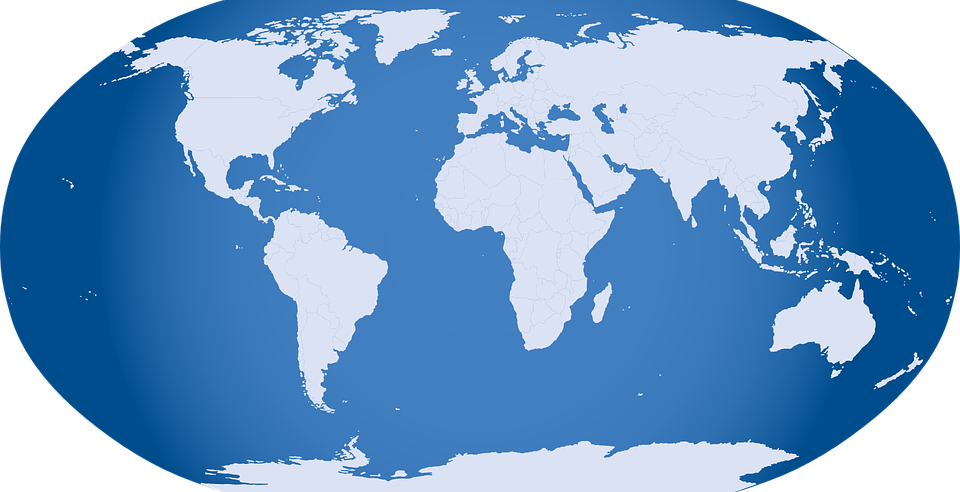GEORGIA
Georgia is a small pro-European, former Soviet satellite state located in Eastern Europe. It just filed officially to become a member of the European Union (EU). The move comes only two weeks after Ukraine filed a similar application. Prime Minister Irakli Garibashvili declared that Georgia is “a deserving member of the European space, European family” because it shares the influence of Greco-Roman culture, Christian beliefs, and democratic values, according to a report from the Jamestown Foundation. Georgia is seeking economic security and safety from further Russian military aggression. In 2008 Russia occupied two border areas of Georgia. Today Russian soldiers remain inside its territory.
The ruling party in Tbilisi originally planned to submit a formal application for EU membership in 2024 until public pressure to support Ukraine demanded it be done now. 2024 marks the point when Georgia would have completed two-thirds of the requirements stipulate by the Association Agreement with the EU. Beka Chedia, writing in a Jamestown report, says it is a mistake to assume that the change in the timetable was due solely to the Russian conflict in Ukraine as Georgian domestic issues also were in play.
The “ruling Georgian Dream party found itself in an awkward situation owing first of all to the prime minister of Georgia categorically precluding that his country would join the punitive Western sanctions against Russia. Accusations of the Georgian authorities’ apparent subservience to Moscow quickly resurfaced, and a wave of protests gripped the country,” according to Chedia. Tbilisi backed the Council of Europe’s decision to suspend Moscow’s membership and it voted for the recent United Nations resolution condemning Russia’s war against Ukraine. This places Georgia, as the only former Soviet republic beside Moldova and the three Baltic states and Ukraine, to support the resolution. Earlier this month Georgia appealed to the International Criminal Court to investigate Russia for war crimes. Chedia points out that the decision to submit an application is the least harmless and, under the present circumstances a “largely symbolic solution.”
The move is having a uniting effect on the Georgian population and has quelled calls for the government to resign over lack of support for Ukraine. Although approval will take years to complete, if successful, Cheida suggests that representatives of Georgia’s civil society euphorically welcomed the move by authorities. The ruling party is continuing to demand that Georgia actively support Ukraine while also continuing democratic reforms in the country. Domestic politicians facing parliamentary elections still may have to make further concessions despite the risk from an adverse reaction from Russia.
PAKISTAN
As militaries around the world develop more advanced weapons systems and long-distance missile capabilities, mistakes are increasingly likely to occur. One such tragedy was nearly averted last week when India flew a supersonic missile into Pakistani territory. The two nuclear-armed nations avoid a near major disaster… this time. The missile landed about 80 miles inside the country near Mian Channu. The Indian defense ministry released a written account blaming a malfunction during routine maintenance that “led to the accidental firing of a missile” and promising an investigation. Pakistan also is promising to investigate the incident and questioned why India didn’t inform Pakistani officials. In this instance the only collateral damage was the collapse of a nearby wall. However, it raises a number of serious concerns. What if the missile had struck a populated area and people died or if Pakistan had not acted with restraint and launched its own missile toward India in retaliation? Was the launch intended by India to test if Pakistan could shoot down a supersonic missile? Moving forward there are a umber of issues that need clarification. While India has a good record of safety over the years, the incident could have sparked a conflict between two nuclear-armed states.
Daria Novak served in the U.S. State Department.
